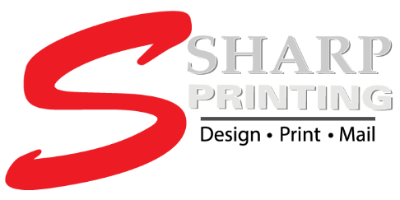
Ask any small business owner and they will tell you: a newsletter plays a critical role in an effective marketing strategy. Newsletters provide a fast, cost-effective way to connect with customers about the business, products and services provided. They’re the greatest public relations tool businesses can use to bring attention to themselves, whether you’re connecting with potential clients, past clients or consistent clients.
However, writing an effective newsletter for your small business can seem like a daunting and overwhelming task. Where should you start? Fortunately, there are some tips out there to help you write a powerful newsletter in order to connect with customers, promote the brand and grow the business. Here’s how to write a small business newsletter.
1. Decide on a medium.
Deciding on a medium for your newsletter is a critical first step in the creation process. There are a few media out there to consider, such as: plain text emails, HTML emails, HTML web pages, PDFs and printed documents. Each format has its own advantages and disadvantages. For instance, a plain text email might be simple to create, but isn’t very visually appealing for customers. On the other hand, a print newsletter can be more creative with graphics and imagery, but is more costly to print and mail out in hard copy. Research potential newsletter media for your small business and decide which format you think would be most cost effective.
2. Know your target audience.
As you begin to develop the newsletter, be sure to know your target audience inside and out. Who are your ideal clients? What do they enjoy? How would you communicate with them? By identifying the target audience and demographics, you can choose the best tone, look, content and delivery method for the newsletter. For instance, if a small business works with an older generation, then slang and trendy expressions might not be very appealing—or even appropriate. Make a list of how you identify the target audience and how your newsletter should connect with those demographics.
3. Generate the content.
Next, it’s time to generate the content. Keep in mind: you don’t want the newsletter to simply be a sale ad. You want the newsletter to actually connect with customers. While your newsletter should definitely contain information on the products and services, be sure to let your personality shine through, as well. Use the newsletter as a personal way to identify with consumers and build customer loyalty in the process. For instance, share about the brand, company events or team members. Position the company as an industry expert by including tips and helpful information around the business in the newsletter. Whatever content you decide to include, be sure to mix it up to keep the newsletter interesting and relatable.
4. Create a publication schedule.
Finally, once you’ve built the newsletter’s content—and added in a few graphics or images—create a publication schedule. Establish a schedule which will fit in easily with team members’ busy work week. Depending on its size, creating a newsletter can take a lot of time and effort from a variety of different employees. So be sure your publication schedule isn’t too demanding of employees’ time. Choose a frequency which will also allow you to promote trends in the business and seasonal opportunities without becoming burdensome or overwhelming for either you or the customer. Once you have a publication schedule put in place and a system set up, you’re ready to start!
Writing a small business newsletter can seem overwhelming, but it doesn’t have to be. With a few easy steps, you can have a well-written and efficient newsletter ready to go into production for the company. Try out these tips to create an effective newsletter and see the business grow.

